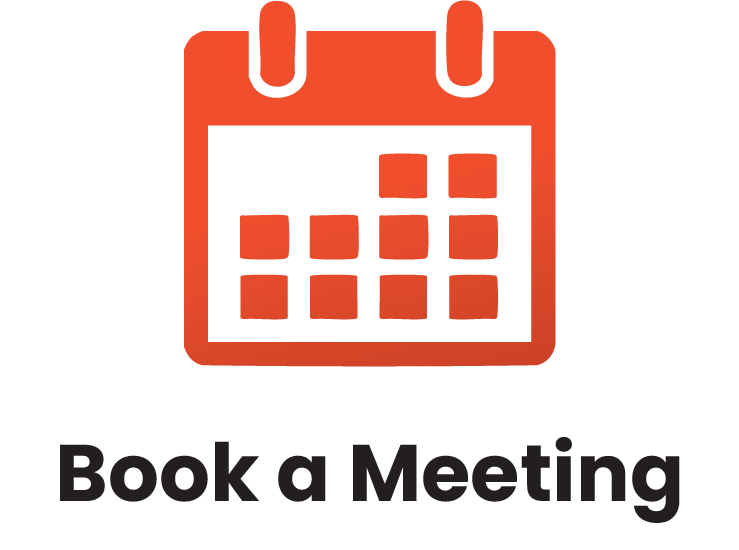
Writing Reports and Proposals
It is essential to understand how to write reports and proposals that get read. We write reports in a range of formats and a variety of purposes. Whether you need to report on a product analysis, inventory, feasibility studies, or something else, report writing is a skill you will use again and again.
Interactive training sessions led by experienced facilitators.
There is no cost to explore options.
Let's Get Started
Online Learning
Enjoy our self-paced option and learn from anywhere!
$199.00 USD
LEARNING OBJECTIVES
Learning Objectives
Workshop objectives include:
- Prepare reports and proposals that inform, persuade, and provide information.
- Review your work so that it is clear, concise, complete, and correct.
- Apply these skills in real work applications.
Let's Get Started


COURSE OUTLINE
You will spend the first part of the day getting to know participants and discussing what will take place during the workshop. Students will also have an opportunity to identify their personal learning objectives.
The Stages of Report Writing
This session will introduce the four stages of report writing: investigating, planning, writing, and revising.
The First Stage – Investigating
The first step is to gather the information for your report. In this session will give participants some guidelines to ensure that what they gather is accurate.
The Second Stage – Planning
Next, participants will learn how to plan a report based on information gathered during the first stage.
The Third Stage – Writing
This session will give participants some ways to ensure that their writing is clear, concise, complete, and correct.
The Fourth Stage – Revising
In this session, participants will learn about the importance of revision, including spelling and grammar checks.
Using Headings
This session will provide a brief introduction to organizing a report.
Charts and Graphs
Next, participants will learn the right way to add charts and graphs to their report.
The Proposal
During this session, participants will learn how writing a proposal is different from writing a report. Participants will also review the ten steps to successful proposal writing.
Persuasion
This session will look at finishing touches for a report, including steps in the persuasion process, how to design your message, and how to deal with tough questions.
Practical Application
To summarize all that they have learned, participants will peer edit each others’ work.
Giving Credit
This final session will focus on documentation methods and styles.
Workshop Wrap-Up
At the end of the workshop, students will have an opportunity to ask questions and fill out an action plan.














